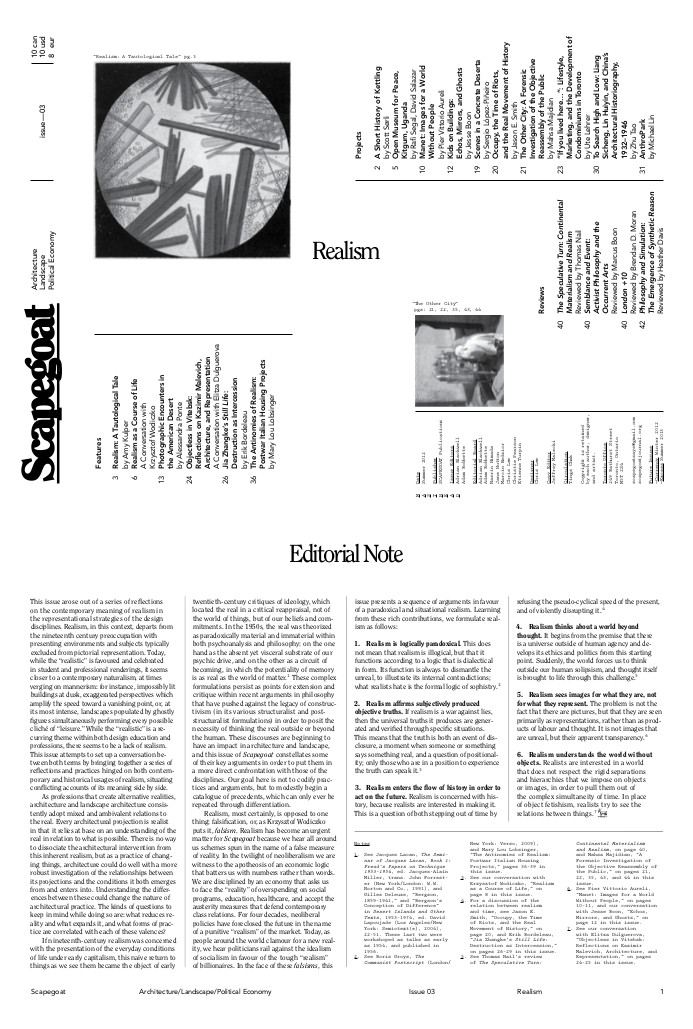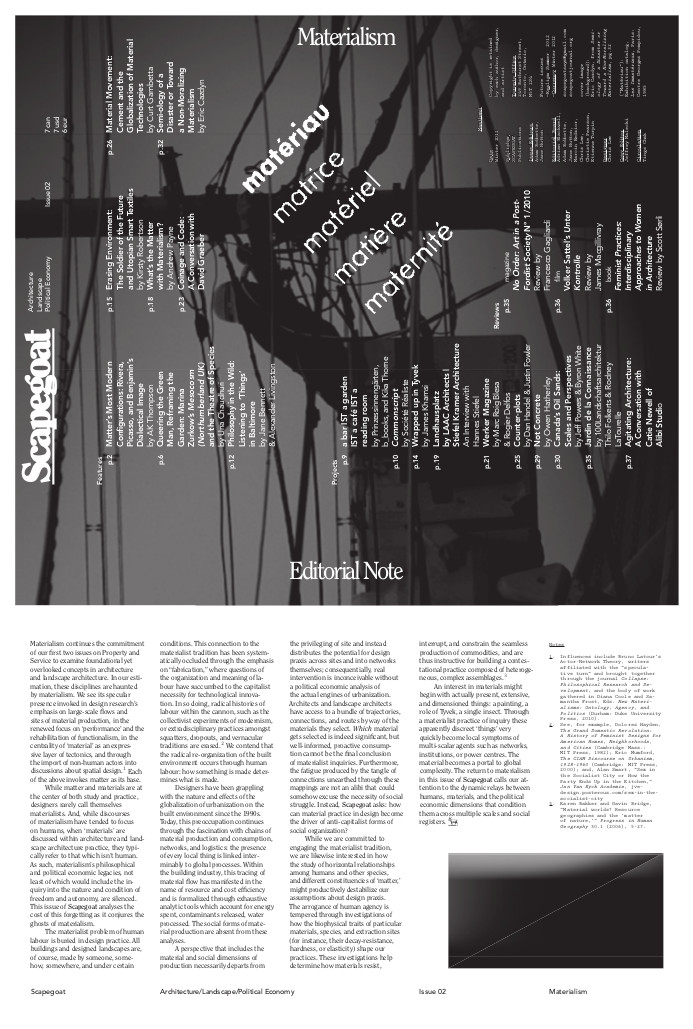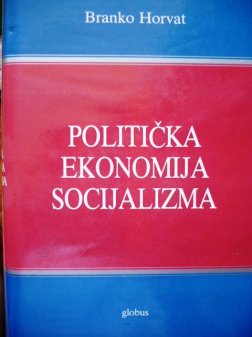Samir Amin: Eurocentrism: Modernity, Religion and Democracy: A Critique of Eurocentrism and Culturalism (1988-) [FR, EN, ES]
Filed under book | Tags: · capitalism, critique, culture, democracy, eurocentrism, europe, islam, marxism, metaphysics, modernity, political economy, religion, scholasticism, science, theory

Since its first publication more than twenty years ago, Eurocentrism has become a classic of radical thought. Written by one of the world’s foremost political economists, this original and provocative essay takes on one of the great “ideological deformations” of our time: Eurocentrism. Rejecting the dominant Eurocentric view of world history, which narrowly and incorrectly posits a progression from the Greek and Roman classical world to Christian feudalism and the European capitalist system, Amin presents a sweeping reinterpretation that emphasizes the crucial historical role played by the Arab Islamic world. Throughout the work, Amin addresses a broad set of concerns, ranging from the ideological nature of scholastic metaphysics to the meanings and shortcomings of contemporary Islamic fundamentalism. This second edition contains a new introduction and concluding chapter, both of which make the author’s arguments even more compelling.
French edition
Publisher Anthropos-Economica, Paris, 1988
160 pages
English edition
Translated by Russell Moore and James Membrez
First published in 1989
Publisher Monthly Review Press, New York, 2010
ISBN 1583672079, 9781583672075
288 pages
review (Joshua Moufawad-Paul, Marx & Philosophy Review of Books)
publisher (EN)
google books (EN)
L’eurocentrisme: Critique d’une ideologie (French, 1988)
Eurocentrism: Modernity, Religion and Democracy: A Critique of Eurocentrism and Culturalism, alt link (English, trans. Russell Moore and James Membrez, 2nd edition, 1989/2010)
El eurocentrismo: Crítica de una ideología (Spanish, trans. Rosa Cuminsky de Cendrero, 1989)
Scapegoat: Architecture/Landscape/Political Economy journal, No. 2: Materialism, No. 3: Realism (2011-2012)
Filed under journal | Tags: · architecture, capitalism, city, design, landscape, materialism, philosophy, political economy, politics, urbanism

“This issue arose out of a series of reflections on the contemporary meaning of realism in the representational strategies of the design disciplines. Realism, in this context, departs from the nineteenth century preoccupation with presenting environments and subjects typically excluded from pictorial representation. Today, while the ‘realistic’ is favoured and celebrated in student and professional renderings, it seems closer to a contemporary naturalism, at times verging on mannerism: for instance, impossibly lit buildings at dusk, exaggerated perspectives which amplify the speed toward a vanishing point, or, at its most intense, landscapes populated by ghostly figures simultaneously performing every possible cliché of ‘leisure’. While the ‘realistic’ is a recurring theme within both design education and professions, there seems to be a lack of realism. This issue attempts to set up a conversation between both terms by bringing together a series of reflections and practices hinged on both contemporary and historical usages of realism, situating conflictng accounts of its meaning side by side.” (from the Editorial Note)
Issue 3: Realism
Summer 2012
Issue Editors: Adrian Blackwell, Adam Bobbette
42 pages

“Materialism continues the commitment of our first two issues on Property and Service to examine foundational yet overlooked concepts in architecture and landscape architecture. In our estimation, these disciplines are haunted by materialism. We see its specular presence invoked in design research’s emphasis on large-scale flows and sites of material production, in the renewed focus on ‘performance’ and the rehabilitation of functionalism, in the centrality of ‘material’ as an expressive layer of tectonics, and through the import of non-human actors into discussions about spatial design. Each of the above invokes matter as its base.” (from the Editorial Note)
Issue 2: Materialism
Winter 2011
Issue Editors: Adam Bobbette, Jane Hutton
Publisher Scapegoat Publications, Toronto
40 pages
Horvat Branko: Politička ekonomija socijalizma (1982/84) [Croatian]
Filed under book | Tags: · capitalism, economy, marxism, political economy, politics, proletariat, socialism, theory, yugoslavia

In this important book Branko Horvat advances a type of Yugoslav Marxism referred to by many as Yugoslav ‘Praxis’ Marxism, a name adopted from the journal Praxis that promoted a humanist style of socialist thought from the mid-1960s to the mid-1970s. For years, Horvat has been directly associated with many of the authors who originally founded this journal, and his work illustrates his indebtedness to them.
Originally published as The Political Economy of Socialism, New York, 1982
Translated by Dubravko Mihaljek and Mia Miki
Publisher ČGP Delo, Globus, Izdavačka djelatnost, Zagreb
546 pages
via Ignorant Schoolmaster and His Committees

